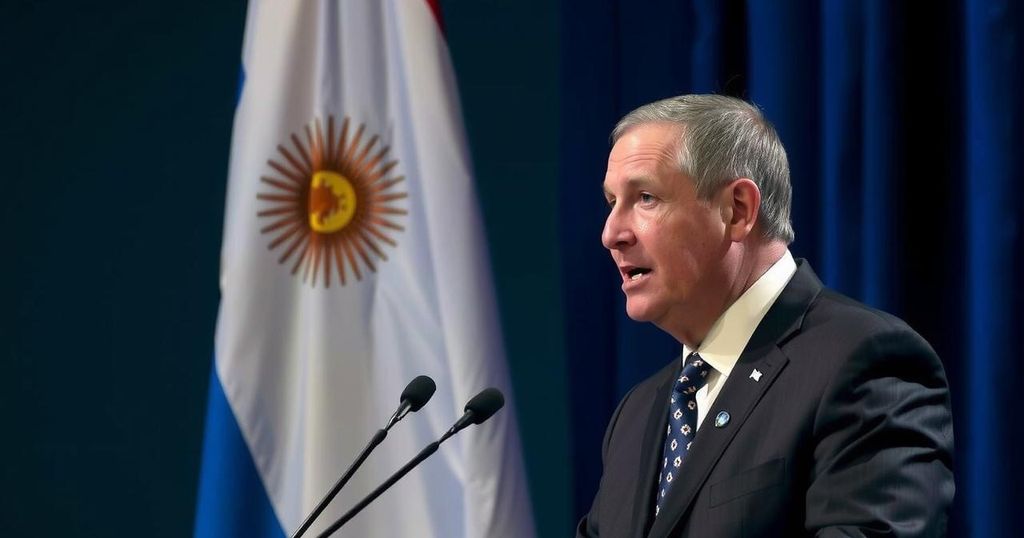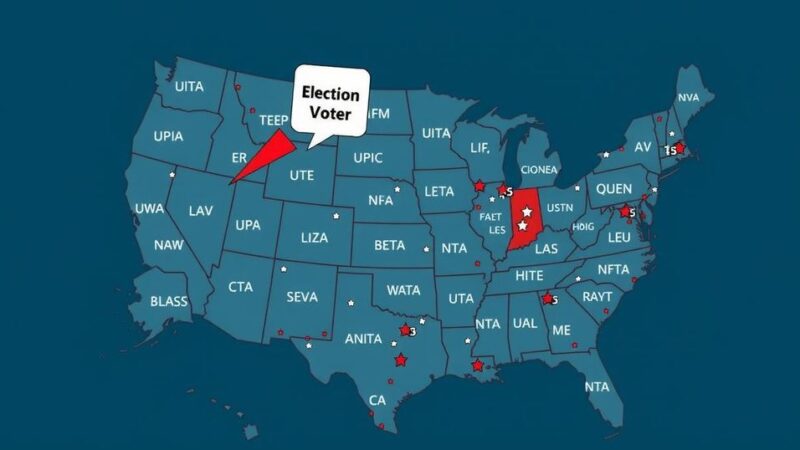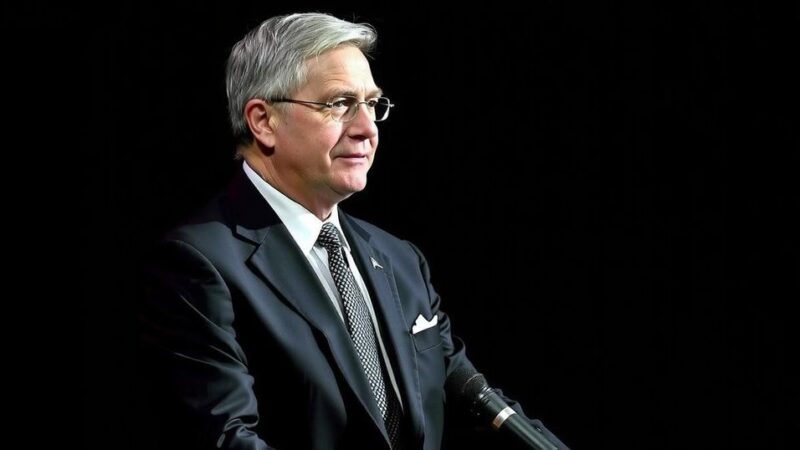The dismissal of Foreign Minister Diana Mondino by President Javier Milei followed Argentina’s supportive vote at the UN to end the U.S. embargo on Cuba. Despite the resolution receiving broad approval, Milei’s opposition to lifting sanctions led to this significant political shift. Gerardo Werthein has been appointed as her successor amid protests against the Milei administration, highlighting widespread discontent in the nation.
Argentina’s recent decision at the United Nations to support a resolution advocating for the cessation of the U.S. economic embargo on Cuba has culminated in the dismissal of Foreign Minister Diana Mondino. This diplomatic choice, although predictable given Argentina’s amicable relations with Cuba, provoked severe discontent from President Javier Milei, who is a staunch opponent of lifting such sanctions. The UN vote saw widespread backing, with the exception of the United States and Israel, yet Milei’s resolute position remained unyielding. In light of Mondino’s dismissal, Gerardo Werthein, Argentina’s ambassador to the United States and a significant figure in the government due to his business background, has been appointed as the new Foreign Minister. The political landscape in Argentina has been further complicated by a nationwide transportation strike that occurred yesterday, resulting in significant disruption across multiple modes of transport, including trains, subways, and airlines. Labor unions characterized this strike as the commencement of a broader resistance strategy against President Milei’s administration. President Milei articulated a vision for Argentina’s foreign policy characterized by a commitment to principles such as freedom, sovereignty, and individual rights, stated: “Argentina is in a period of deep transformation, and this new era demands that our diplomatic corps consistently reflect the values of freedom, sovereignty, and individual rights that define Western democracies. The Republic of Argentina will uphold these principles in all international forums, and the government will launch a review of foreign ministry personnel to identify those pushing anti-freedom agendas.” Despite being one of Milei’s prominent early appointees and contributing significantly to diplomatic initiatives, including engaging in dialogues with traditional partners such as Brazil and Spain, Mondino could not reconcile the tensions between Milei and the UN, an organization the President has disparaged as embodying a “socialist agenda.” The U.S. embargo against Cuba dates back to 1960, and the UN General Assembly has been urging its cessation since 1992. Werthein, the new foreign minister, hails from a Jewish family of Russian descent, illustrating a rich immigrant heritage after his great-grandfather fled persecution in the Russian Empire to establish a new life in Argentina in 1904.
The backdrop of this political turmoil stems from Argentina’s long-standing diplomatic dynamics with Cuba, rooted in relations that have been both historically complex and supportive. The U.S. economic embargo on Cuba, which has endured for decades, has been a focal point of international condemnation and debate, frequently addressed by the UN. President Javier Milei’s administration’s recent pro-business and anti-socialism rhetoric has led to conflicts with multilateral organizations like the UN, which he has accused of harboring a socialist bias. The recent appointment of Gerardo Werthein signals a potential shift in Argentina’s foreign policy approach under Milei’s leadership, aiming to align it more closely with his stated principles of individual rights and democracy.
In summary, the dismissal of Foreign Minister Diana Mondino symbolizes the broader ideological schism within Argentina’s political framework under President Milei’s administration. Her support for an anti-embargo resolution at the UN starkly contrasted with Milei’s firm opposition to any easing of sanctions against Cuba. The appointment of Gerardo Werthein may herald changes in Argentina’s diplomatic strategies as Milei seeks to adhere to a foreign policy that reflects his avowals of freedom and sovereignty. Moreover, the striking protest underscores the tense political climate as Argentina navigates these transformative changes.
Original Source: lavocedinewyork.com






